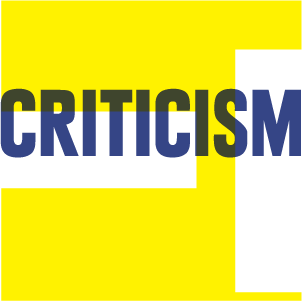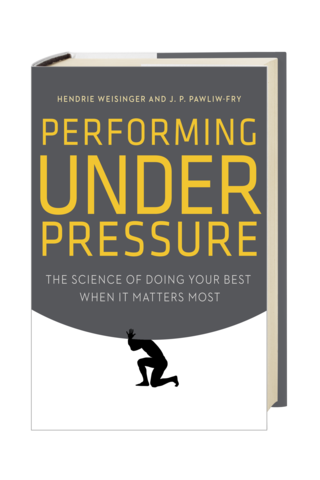Environment
The Nature of Criticism
If you understand the nature of criticism, you'll be way ahead of the crowd
Posted November 16, 2015

If you can’t say something nice, don’t say anything,” is one of the societal phrases that perpetuate the negative perception of criticism and make it common for people to say “I don’t know how to tell you this.” You don't know how because you’ve never been taught how to give criticism --- or take it, but that's another article.
Contrary to conventional wisdom, a plethora of research has identified giving and taking criticism (not giving and taking “feedback”) as a key attribute of effective individuals and organizations and parents too --if you want to help your kids with their homework or develop a sports skill.
After speaking on the subject to literally hundreds of Fortune 500 Companies, Government agencies, YPO, Institute for Management Studies and giving countless presentations to executive education programs such as Wharton, UCLA, Cornell, and others, I’ve found that the majority of individuals who hide criticism by using the euphemism of “feedback,” are hesitant to “give it” and get defensive when they “get it,” is that they do not understand the nature of criticism. They confuse giving criticism (a microcosm of EI) with being "critical" so naturally, they use the word "feedback." I've experienced that once individuals recognize the nature of criticism, they are able to befriend criticism and use its power to enhance themselves, others, and their organizations. Here is the nature of criticism:
Criticism is evaluative. The fact that criticism is historically synonymous with evaluation is what separates it from other corporate vernacular like feedback, coaching and mentoring. Whatever you are criticizing, you are evaluating the merits and the demerits. Your job is not to “feedback” a marketing report; it is to evaluate it and then communicate your evaluation to the recipient in a way that he or she can use to make their marketing report better. It is no sweat to say the positives but most people perspire when they have to say the negatives, especially if it is telling a fellow worker, “You stink!”
Criticism is a learning mechanism. Because criticism communicates evaluative information, it helps us learn about ourselves/work and our evaluations help others learn and develop. Organizations and relationships that inhibit expression of evaluative information prevent intellectual freedom and stagnate. This is a point that all scholars would say is truth.
Criticism is complex. The words you choose to use, the moods and emotions of both parties, the nature of t he relationship you have with the giver or the receiver, the content of the criticism, the time and the place mixed with many other variables make giving and taking criticism a complex task. An abundance of research indicates most people do not do this task well.
Criticism communicates importance. Acts and situations that are worthy of criticism are acts and situations that need to be evaluated because they affect our welfare. At work, behavior that is criticized is thought to relate to the bottom line; in society, acts and situations that are criticized –health reform, Wall Street compensation-are thought to affect our daily living; therefore, they deserve to be evaluated. Criticism is important because it tells us what is important.
Criticism is a common denominator. Leadership, executive and management development, innovation, productivity, performance appraisal, project management, team building, customer service are just some of the operations, and tasks that to be done effectively, require giving and taking criticism. For example, you cannot have an effective team unless team members can give and take criticism to and from each other. An executive who cannot take criticism or is ineffective in giving it has little chance of developing her self or her leadership skills. Improving customer service requires soliciting criticism and acting upon it. Criticism at work is a common denominator for all of us.
Criticism is powerful. Criticism can make or break career. It can help an organization flourish or flounder. It is also powerful in that it evokes strong feelings and emotions ranging from anger to enthusiasm. It affects our attitude toward work and those who work with us. Criticism is so powerful it impacts about every aspect of our work experience.
Be clear on this point: the better you can give and take criticism, the more effective you will be in all aspects of your life.
Follow me @pressuretweets; visit me at https://www.facebook.com/drhendrieweisinger/?fref=ts



